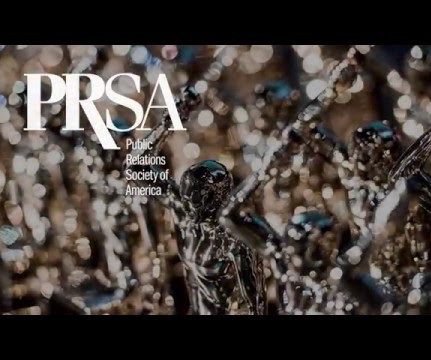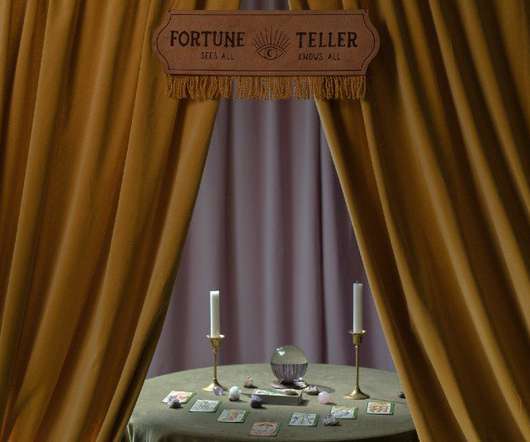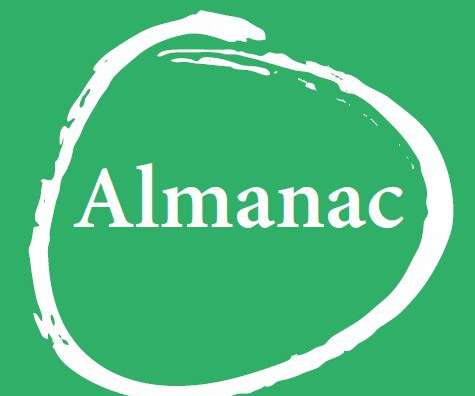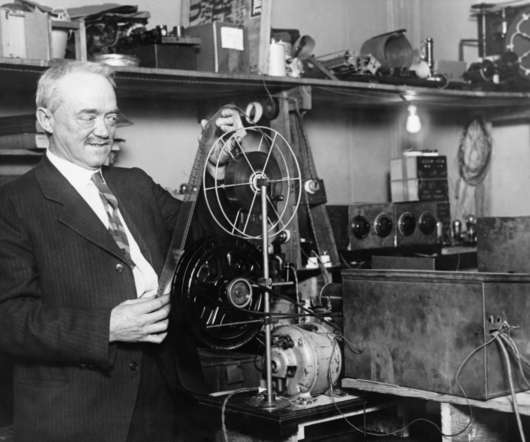Increasing Your Media Coverage Through Storytelling
PRSay
JANUARY 8, 2019
Whether you serve a large corporation, small nonprofit, major research university or municipal government, at some point your boss has probably said, “We need more media attention. We all love a good story, and research shows that conducting media relations through the lens of storytelling provides optimal results. Keep it ethical.





















Let's personalize your content